-
Membrane emulsification and de-emulsification by physical and entropic levers
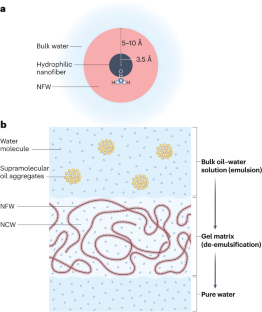
Functional liquid-infused porous membranes show promise in many applications including emulsification of liquid mixtures and de-emulsification for water purification. In situ liquid-infused aerogel membranes with reverse functionality exploit a hierarchical microstructure of hydrated aerogels and the functionality of micro-confined water, enabling on-demand emulsification/de-emulsification. This is a preview of subscription content, access via your institution Access…
-
Science-based activities for your mental health

20 September 2024 4 min read Key points Taking part in citizen science projects, like counting koalas or monitoring water quality, could help improve mental health. Connecting with nature, including whale watching or gazing at the night sky, can have a positive impact on mental health. Our researchers are exploring how technology, like using AI…
-
MFSD7C protects hemolysis-induced lung impairments by inhibiting ferroptosis
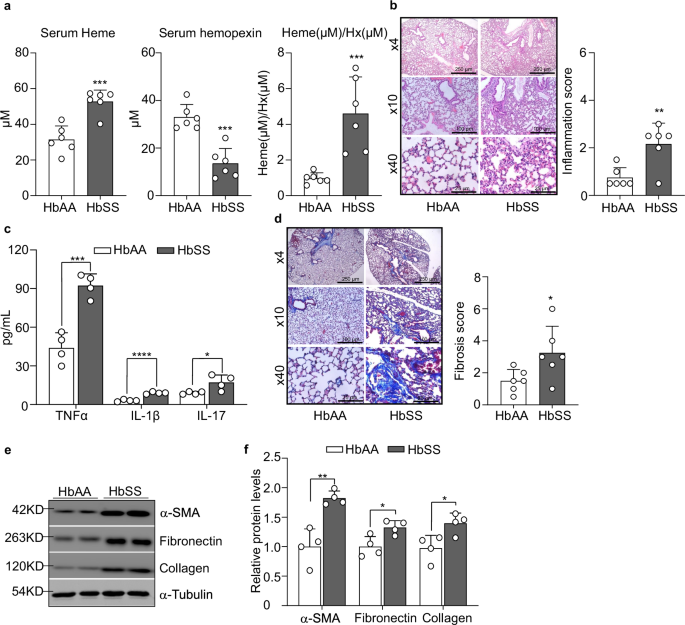
Abstract Hemolysis drives susceptibility to lung injury and predicts poor outcomes in diseases, such as malaria and sickle cell disease (SCD). However, the underlying pathological mechanism remains elusive. Here, we report that major facilitator superfamily domain containing 7 C (MFSD7C) protects the lung from hemolytic-induced damage by preventing ferroptosis. Mechanistically, MFSD7C deficiency in HuLEC-5A cells leads…
-
Radiation and mechanical performance of cementitious materials containing ecofriendly nano laboratory waste glass
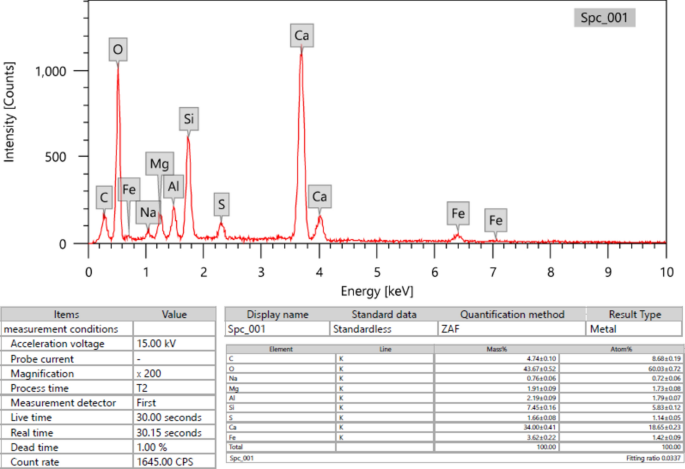
Abstract This study helps in managing waste glass and greening the environment by incorporating laboratory waste glass into mortar production to make an eco-friendly shielding material against gamma rays. The efficiency of using waste glass powder as a cement replacement or addition in mortar production was studied by using two waste glass sizes: micro glass…
-
Discovering the hidden function in fungal genomes
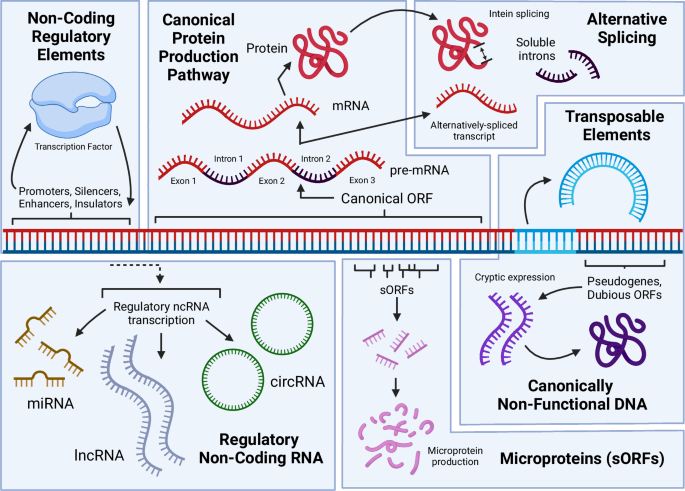
Abstract New molecular technologies have helped unveil previously unexplored facets of the genome beyond the canonical proteome, including microproteins and short ORFs, products of alternative splicing, regulatory non-coding RNAs, as well as transposable elements, cis-regulatory DNA, and other highly repetitive regions of DNA. In this Review, we highlight what is known about this ‘hidden genome’…
-
Chronology of Ediacaran sedimentary and biogeochemical shifts along eastern Gondwanan margins
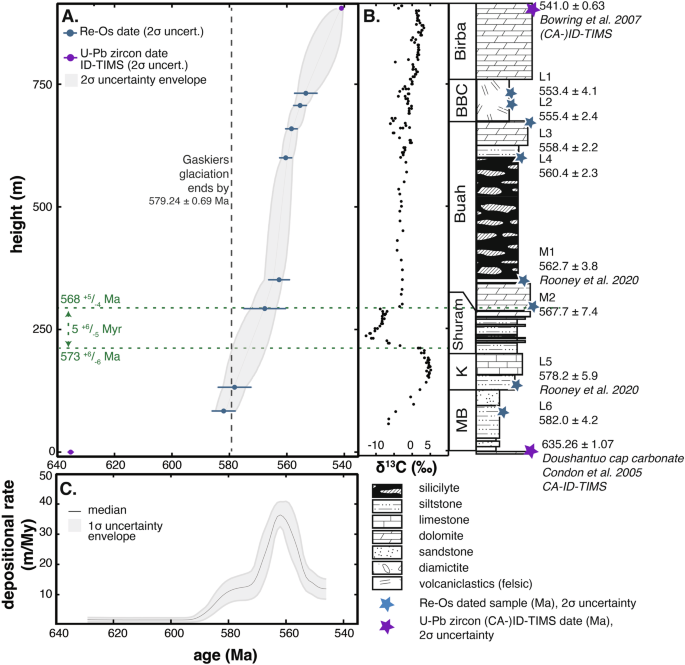
Abstract Determining causal relationships between environmental change and early animal evolution has been limited by our lack of a robust temporal framework for the Ediacaran Period (635-539 million years ago). Here we present six new radioisotopic age constraints from the Sultanate of Oman, which furnish a quantitative temporal framework for biogeochemical changes associated with animal…
-
Temperature overshoot responses to ambitious forestation in an Earth System Model

Abstract Despite the increasing relevance of temperature overshoot and the rather ambitious country pledges on Afforestation/Reforestation globally, the mitigation potential and the Earth system responses to large-scale non-idealized Afforestation/Reforestation patterns under a high overshoot scenario remain elusive. Here, we develop an ambitious Afforestation/Reforestation scenario by harnessing 1259 Integrated Assessment Model scenarios, restoration potential maps, and…
-
Sara Imari Walker: Using physics to rethink the definition of life
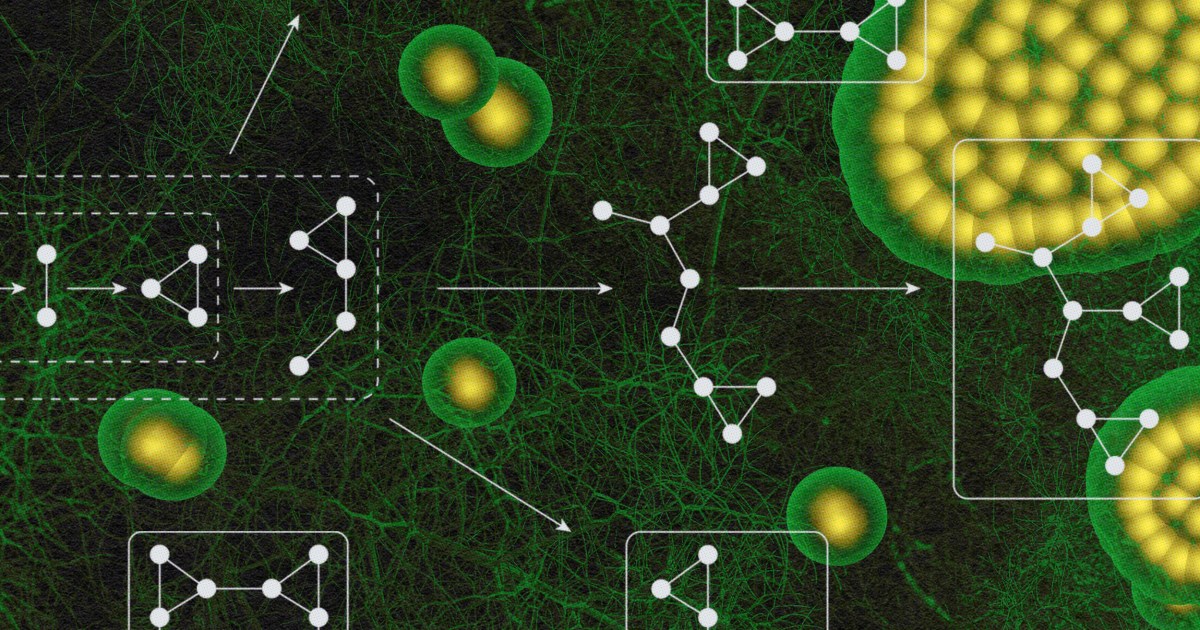
Sign up for the Smarter Faster newsletter A weekly newsletter featuring the biggest ideas from the smartest people Notice: JavaScript is required for this content. Sara Imari Walker is a professor of physics at Arizona State University and the author of a new book Life as No One Knows It: The Physics of Life’s Emergence.…
-
Japanese Scientists Unlock Nature’s Wood-Eating Secrets
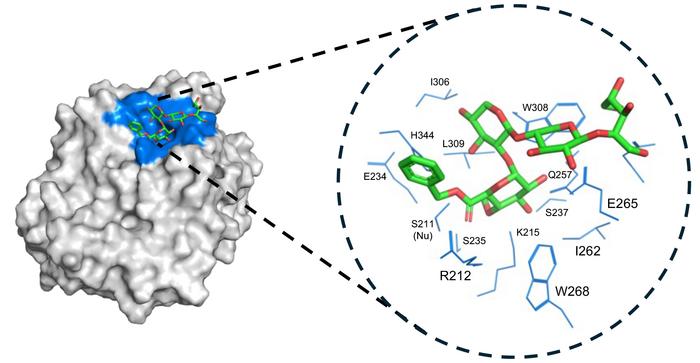
Summary: Researchers at Kobe University have developed a novel test substrate that allows the first-ever measurement of the speed and mechanism of a fungal enzyme that breaks down wood, paving the way for improved biofuel and biochemical production. Estimated reading time: 5 minutes In an advance for biofuel and biochemical research, scientists at Kobe University…
-
Revolutionary Catalyst Uses Sunlight To Turn Greenhouse Gases Into Valuable Chemicals
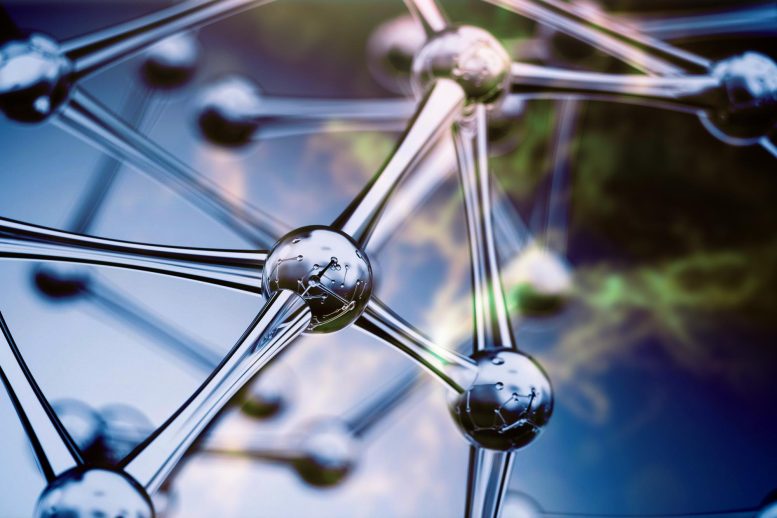
McGill University researchers have developed a light-driven process that uses sunlight to convert methane and carbon dioxide into valuable chemicals, such as green methanol and carbon monoxide. This breakthrough could help reduce greenhouse gases and support more sustainable industrial practices. A chemical process developed by the McGill team could hasten progress toward carbon neutrality. Researchers…